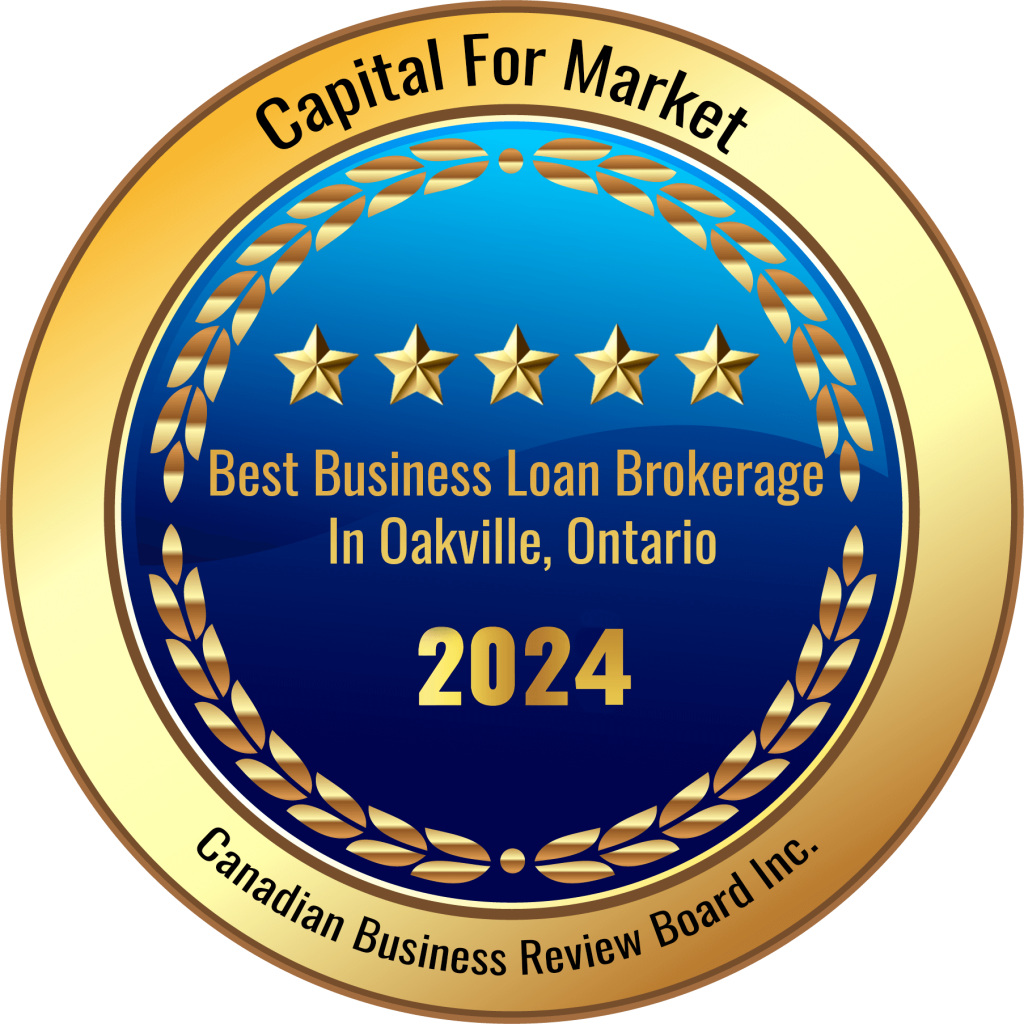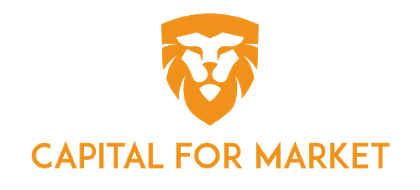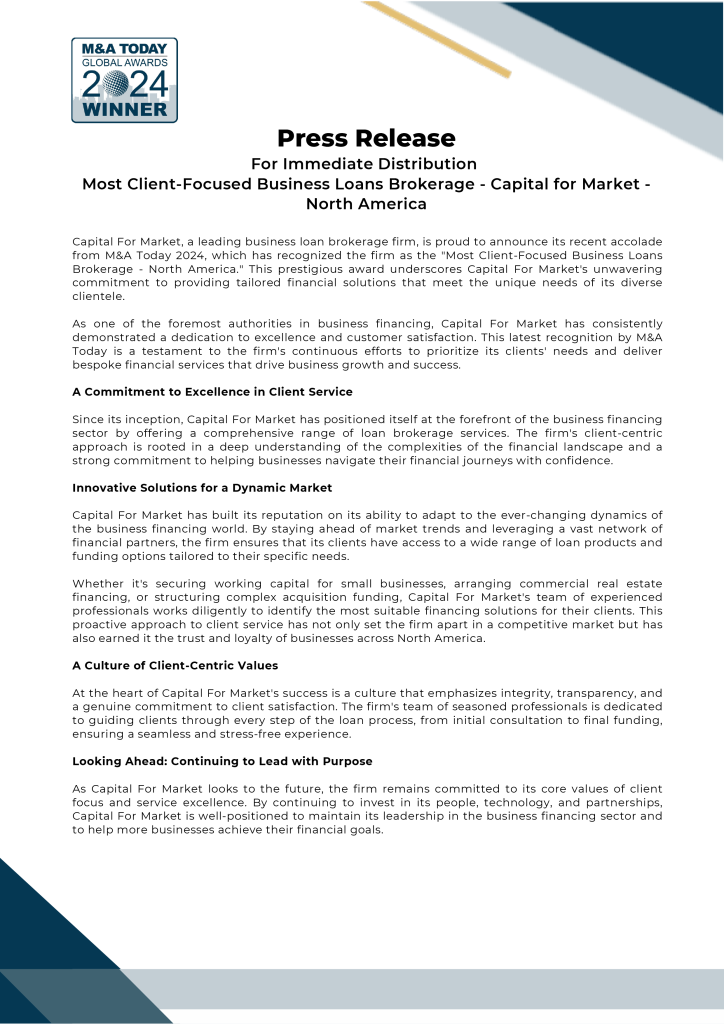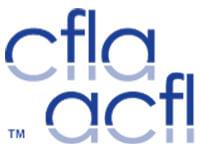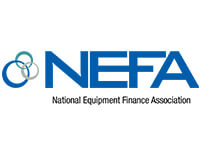Canada small business loan interest rates are at the heart of growing and vitalizing your company. Navigating a maze of options and fluctuating rates can be overwhelming. On the other hand, gaining insight into key drivers of these rates and learning how to qualify for the best terms will save money and get your business the financing it needs.
We will explain in this article what really drives the interest rates on Canadian small business loans, compare different types of loans, and provide some tips on how to negotiate better terms for your business.
Understanding Canadian Small Business Loan Interest Rates
The interest rates can make or break your deal when you are trying to secure financing for your small business. That is because the interest rate determines additional money you shall pay over and above the principal loan amount. This is one of the essential determining factors for the selection of any loan.
Due to so many determining factors, the interest rates for small business loans vary greatly in Canada. On average, according to Ratehub, the typical interest rates for small business loans in Canada usually range between 5% and 15% for secured loans, while the interest rates for unsecured ones fall between 7% and 30%.
Key Factors Influencing Canadian Small Business Loan Interest Rates
Creditworthiness: Your business and personal credit scores are strong determinants of your loan’s interest rate. Generally, higher scores lead to lower rates. According to Equifax Canada, a good credit score in Canada would fall between 660 and 900, and businesses with higher scores tend to get better rates.
Loan Type: Secured loans generally offer lower interest rates than unsecured loans because of the collateral support provided against them. The BDC, or Business Development Bank of Canada, explains that since a loan against security is less risky for lenders, it usually has more favourable rates.
Other major drivers of the rate of interest taken by small business loans in Canada include economic conditions, such as inflation, and policies adopted by the central bank. For instance, the Bank of Canada’s interest rate sets the pace for the entire nation and prescribes the rhythm at which financial institutions grant credits to small businesses.
You need to be aware of these elements to begin working on securing the best rate for your business.
Tips to Qualify for Lower Canadian Small Business Loan Interest Rates
Whether you opt for a secured or unsecured loan, there are several strategies you can use to qualify for lower Canada small business loan interest rates:
- Improve Your Credit Score: Personal and business credit scores also play an essential role in determining whether one can acquire lower interest rates, therefore likely saving thousands of dollars. Equifax Canada suggests that the things that would improve your credit score in the run-up to seeking a loan are on-time bill payments, reducing debt levels, and frequent credit report checks.
- Offer Collateral: Offering valuable collateral can lessen the lender’s risk and lead to lower interest rates. Secured loans backed by collateral present lower risk, which allows you to negotiate favourable terms more efficiently, according to BDC
- Create a Solid Business Plan: A well-prepared business plan outlining your company’s financials, goals, and growth strategy can make lenders more confident in your loan repayment. According to Investopedia, lenders often base their decisions on the strength of your business plan.
- Shop Around: Not all lenders are created equal. Take the time to compare interest rates and loan terms from various banks, credit unions, and alternative lenders. Ratehub suggests comparing lenders, as some may offer more competitive rates based on your industry or financial situation.
- Shorter Loan Terms: While longer-term loans may offer lower monthly payments, shorter loan terms often come with lower overall interest rates. CIBC notes that businesses that can repay loans faster generally save on interest.
How to Compare Canadian Small Business Loan Offers
As far as loan offers are concerned, the interest rate might not be the only concern for any borrower. Additional fees and the overall cost of borrowing may also be added to the list. Consider a few things below.
APR: The APR better reflects the true cost of the loan, as it considers the interest rate and all of the additional fees. NerdWallet does a better job of explaining how to use the APR to help business owners compare the overall cost of different loan offers.
Additional Fees: Lenders may also charge origination fees or prepayment penalties, among other risks. Be sure to factor these into your comparisons so that you do not get any hidden costs. Investopedia provides a comprehensive guide on how to go about loan fees.
Utilize loan calculators: Most online tools will let you play around with the interest rate and loan amount to let you know how much you’ll be paying. A BMO loan calculator is going to be helpful for businesses in conducting decision-making activities effectively.
By comparing the different offers, you will reap the most from Canada’s small business loans.
How Market Trends and Economic Conditions Influence Canada small business loan interest rates
Keep in mind that the rates for small business loans in Canada are at the mercy of broader economic trends. Inflation, monetary policy decisions made by the Bank of Canada, and even the economy in general can change these rates fluidly.
Interest Rate Fluctuations: When the economy is doing well, so are the interest rates. However, interest rates might fall during an economic slowdown as the government wants to encourage borrowing and investments. The prime interest rate depends on the monetary policy stated by the Bank of Canada.
Industrywide Trends: Lenders may also perceive a given industry as having higher risk profiles that will apply to any business operating within that sector. Again, from Canadian Business, industries like construction or retail may find that their perceived risks raise borrowing costs.
By staying informed about market trends and economic conditions, you can strategically time your loan application when the rates are most favourable. This strategic approach can make you feel savvy and in control of your financial decisions.
Conclusion: Take Ownership of Your Funding
Securing Canada’s best small business interest rates involves some preparation and research. Nevertheless, knowing your options for a secured loan with better rates or an unsecured loan for flexibility can help you save money and develop your business.
Capital For Market is here to help you navigate the maze of complexity involved in a business loan and obtain the financing your business requires. If you want more information about our loan services or want to know how we at Capital For Market can help you achieve your financial goals, do not hesitate to contact us today.
Disclaimer: This article is purely for information purposes and shall not be considered financial or legal advice. Rates and loan terms mentioned in the article may change depending on market conditions and lending policy concerned. Always consult with a finance professional before making any business financing decisions.


